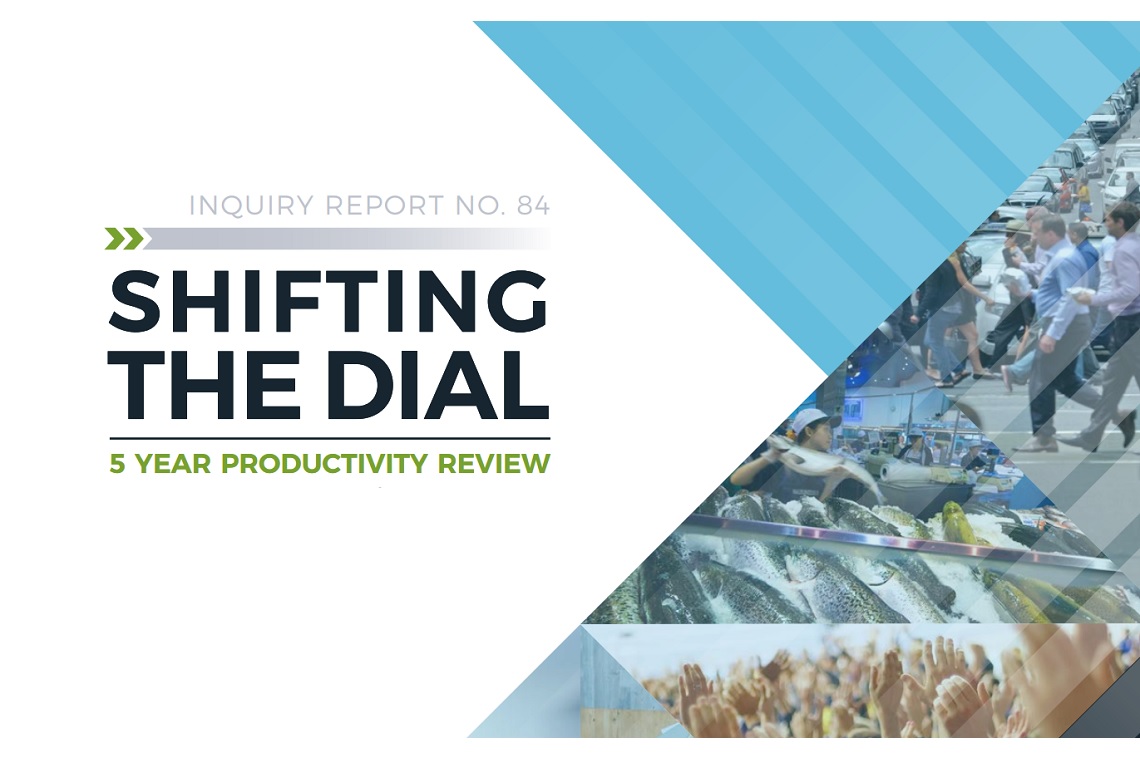The Productivity Commission has recommended that the Australian Government amend the current alcohol taxation arrangements, with a view towards a uniform volumetric tax rate.
The Commission has said that the Government should remove the current concessional treatment of high-alcohol, low-value products, “primarily cheap casks and fortified wines”.
In detailing its recommendations for alcohol tax reform, the Commission said: “Any tax reform should aim to raise the price of low-value, high-alcohol products given the hazards these pose for public health.
“There are several potential directions for reform, of which the simplest is the application of a single volumetric tax on most forms of alcohol. Exemptions could be made for the first 1.15 per cent of alcohol (consistent with the current policy for beer), as it is not possible to raise blood alcohol levels to a problematic point through overconsumption of products with alcohol content below this threshold.
“A volumetric tax is widely supported by experts in prevention of alcohol problems and the various Australian medical colleges. It has sound evidence suggesting it would be effective in reducing alcohol‑related chronic illness and premature deaths. Its health benefits would predominantly be realised by current heavy drinkers. The level of volumetric tax chosen by the Australian Government should primarily be driven by the goal of harm minimisation, which in any case, is aligned with the revenue needs of government.
“Reducing the current concessions and shifting to a uniform volumetric basis of alcohol taxation would also have the ancillary benefit of making the tax system simpler and less distortionary.
“Most of the impacts of volumetric taxes fall on heavy drinkers across the income spectrum, with relatively modest impacts on other drinkers. However, transitioning to a single volumetric tax rate is complicated by other distributional concerns. Taxes on expensive, luxury wines would decrease substantially. For example, the non-GST tax on a $100 bottle of wine would fall from about $15 to less than $5 if the volumetric rate was aligned with the highest current excise rate on beer. This could make moving to a single volumetric tax rate politically unpalatable. Moreover, surveys of public opinion have usually been hostile to alcohol tax increases, though the acceptability of change appears to be greater if any additional revenue is allocated to preventative health policies.”
The report goes on to suggest alternative options, including: “Modifying the WET to introduce a minimum volumetric tax rate alongside the current 29 per cent rate on the final wholesale price. Liable parties would then pay whichever amount was greater. Its main deficiency would be that it could be complex for wine producers and wholesalers to administer.”
The other alternative offered by the report was, “using regulation, rather than the tax system, to increase the price of low-cost, high-alcohol drinks by introducing a floor price per standard drink. However, producers rather than taxpayers would obtain the benefits from increased prices, while different state and territory licensing regimes would complicate its national implementation.”
In its recommendation for alcohol tax reform, the report concludes: “Accordingly, no tax arrangement is perfect. Nevertheless, all of the above are likely to be superior to current arrangements, and address an unjustified anomaly. Combining tax measures with complementary measures aimed at addressing the harm associated with excessive alcohol consumption (such as education and treatment) is likely to amplify the benefits, while also soliciting greater public support.”
The state, and reform, of Australia’s alcohol taxation has been a long-running issue with the Henry Review recommending a volumetric tax back in 2008.
In October 2015, the Australian Distillers Association, the industry body for this country’s craft distillers, made its submission to the government’s tax submission paper, calling for the introduction of volumetric tax.
However, many in the wine industry have resisted the calls for volumetric taxation, with Neil McGuigan saying such a move “would destroy jobs” and Mitchell Taylor saying “it would be a disaster for the industry”.
Earlier this year a Senate Inquiry into red tape in the alcohol industry also recommended a move to taxing by alcohol content, saying that the current system was “a very confusing regulatory environment”.

